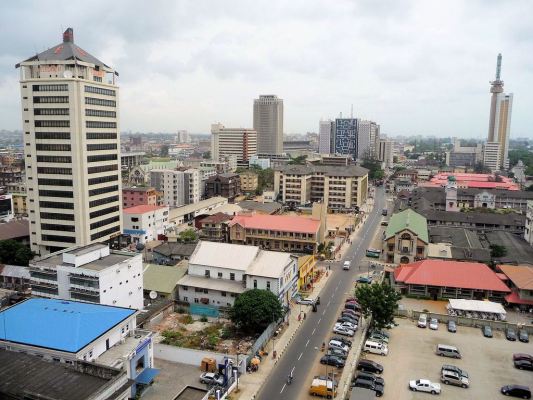Uncertainty is not good for development. The tide of speculations surrounding possible ill effects of the Covid19 spread is delaying investment decisions across the globe.
According to a report by Colliers Research, the decisions over commercial real estate acquisition are expected to be delayed due to Coronavirus scare, especially by the occupiers who depend on overseas clearances from Asia. Almost 28 percent of the total investment in Indian real estate came from Singapore, Hong Kong, and China in 2019.
In fact, the United Nations UN, is predicting that India is at risk of facing an immediate trade loss of approximately Rs 2,510 crore. As the supply chains from China will remain constrained, finding newer markets for the supply and even achieving self-sufficiency will take time and hence, India might face reduced economic activity. Commercial real estate market will be more impacted as it is a slow mover.
If the virus keeps impacting the economic supply chains for longer terms than expected, the commercial investment decisions may take a back seat. A flight of capital can be expected as the investors would tilt towards a more stable bond market for investment. Financial markets are also sensitive to the spread, and the recent crash of the Indian stock market is a sign of growing anticipation of further decline in investor’s sentiment.
As exports from China will decline, the cost advantage on account of cheaper supply from China will take a hit and would directly affect the profit margins of the real estate developers. Expressing his opinion over the possible impact of the outbreak, Samantak Das, Executive Director and Head of Research, REIS, JLL, says, “The COVID-19 situation remains volatile, and uncertainty still looms on the possible economic impact of the outbreak. Global supply chains across domains will be disrupted in the short-term.
“We are already experiencing a slump in the hospitality industry due to flight cancellations. Moreover, the plunge is already being reflected in the delayed business decisions by developers to lease. “While the commercial sector has remained on a strong foothold, investors will adopt a wait-and-watch approach in the near future.”
Measures taken by governments across the world to provide relief to the real estate sector
Meanwhile, as the Coronavirus induced fear and crisis has engulfed the world as a whole, the International Monetary Fund has indicated that the world has already entered into recession.
However, the governments’ world over are taking measures to cope with the situation and announcing relief measures as follows: To ensure capital flows and liquidity availability in times of crisis, the Australian government has reduced the benchmark Repo rate. It has also created a special funding facility to the tune of AUD 90 billion to help the ailing economy.
The French government has agreed to consider the Coronavirus epidemic a ‘Force Majeure’. It clarified that no penalties would be levied on the contractors or developers for any delays attributed to the deadly pandemic. In the United States of America, though the building and construction have been categorised as ‘non-essential’ services and most of the construction activities have stopped, the Congress is mulling a special financial package (due for a vote).
The package is expected to help construction workers and will provide relief to federally-funded projects. In response to the Coronavirus-induced crisis, the Government of Canada will provide $27 billion direct support to Canadian workers (including construction labourers). Some states such as Ontario have also included the building and construction into essential services list. Construction Association of Canada has also released a detailed safety guideline for construction workers amid Covid-19 pandemic.
The Singapore Government has made special provisions to help the affected construction industry and labourers. It has allowed a refund on account of Man Year Entitlement (MYE) for construction companies starting April 1, 2020. They have also allowed the foreign construction workers to change an employer midway if they face hardships with the current employer. Germany, which is also hit by the Covid-19 crisis, has readied the largest ever (Euro 400 billion) welfare package for the country, especially targeting the blue-collar working population. The government has also pledged to take over the wages for employees and compensate for the lost working hours due to Corona crisis.
The United Arab Emirates UAE, which has been a construction hotspot for years now, has also rolled out a special package for small and medium enterprises and construction industry. The government has released $27 billion stimulus to aid the economy hit by COVID-19 crisis.
The International Monetary Fund IMF, and United Nations UN, have urged the developed countries to put on hold the debt payment from the poorest of countries so that they can effectively fight the COVID-19 crisis.
The World Bank has pledged $14 billion aid package for the countries around the world to fight the Coronavirus menace. It is in addition to the monetary packages announced by the IMF for countries such as Tanzania, Pakistan and Madagascar. To fight the Coronavirus crisis, the World Bank has also released $1 billion in aid for India.
Source: Vaguardng




